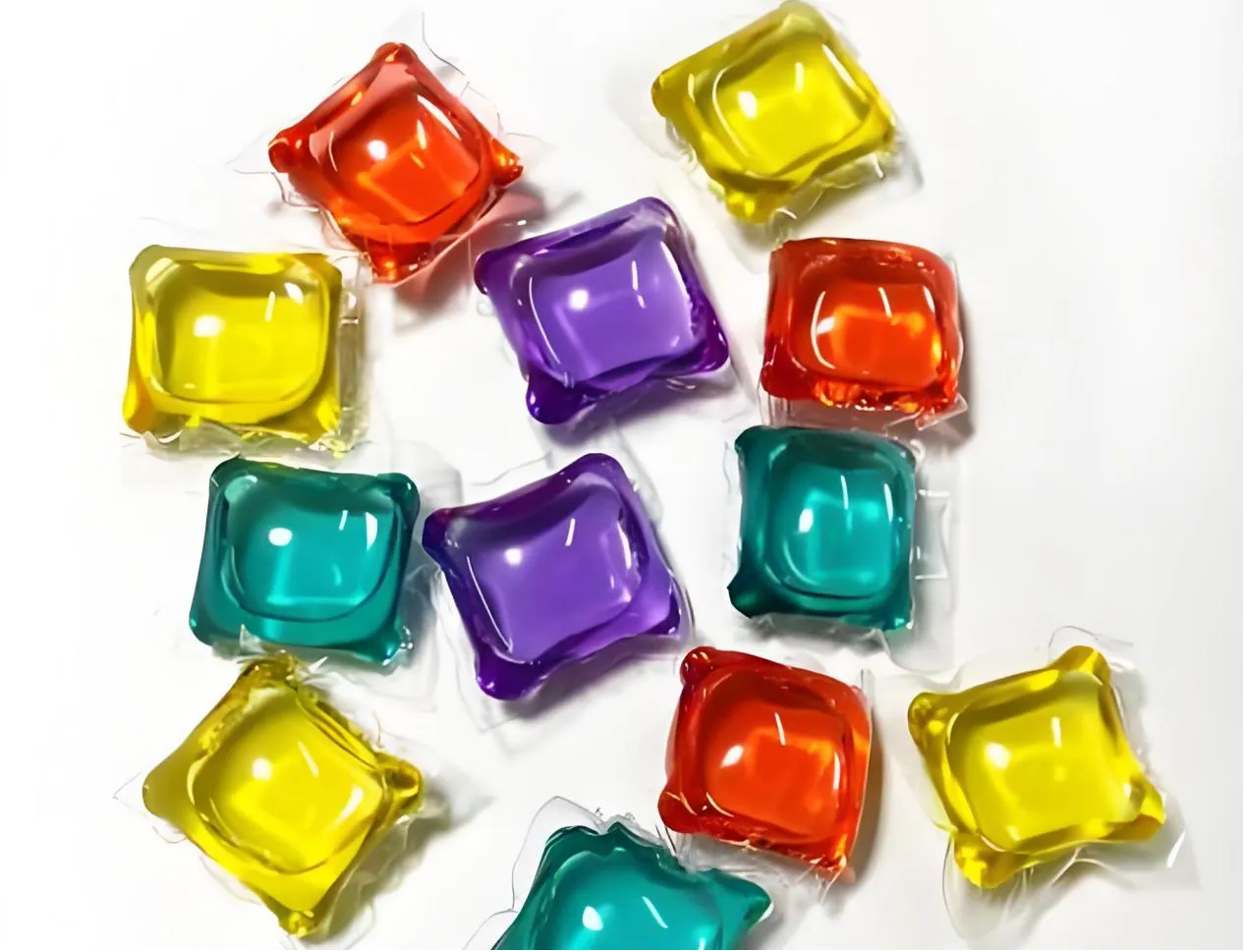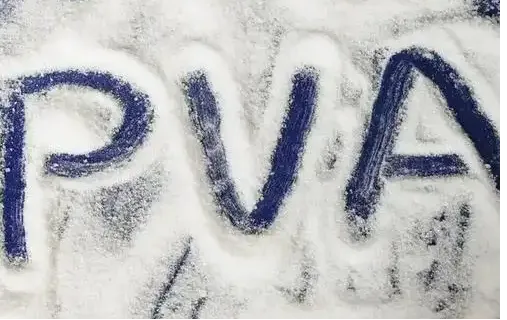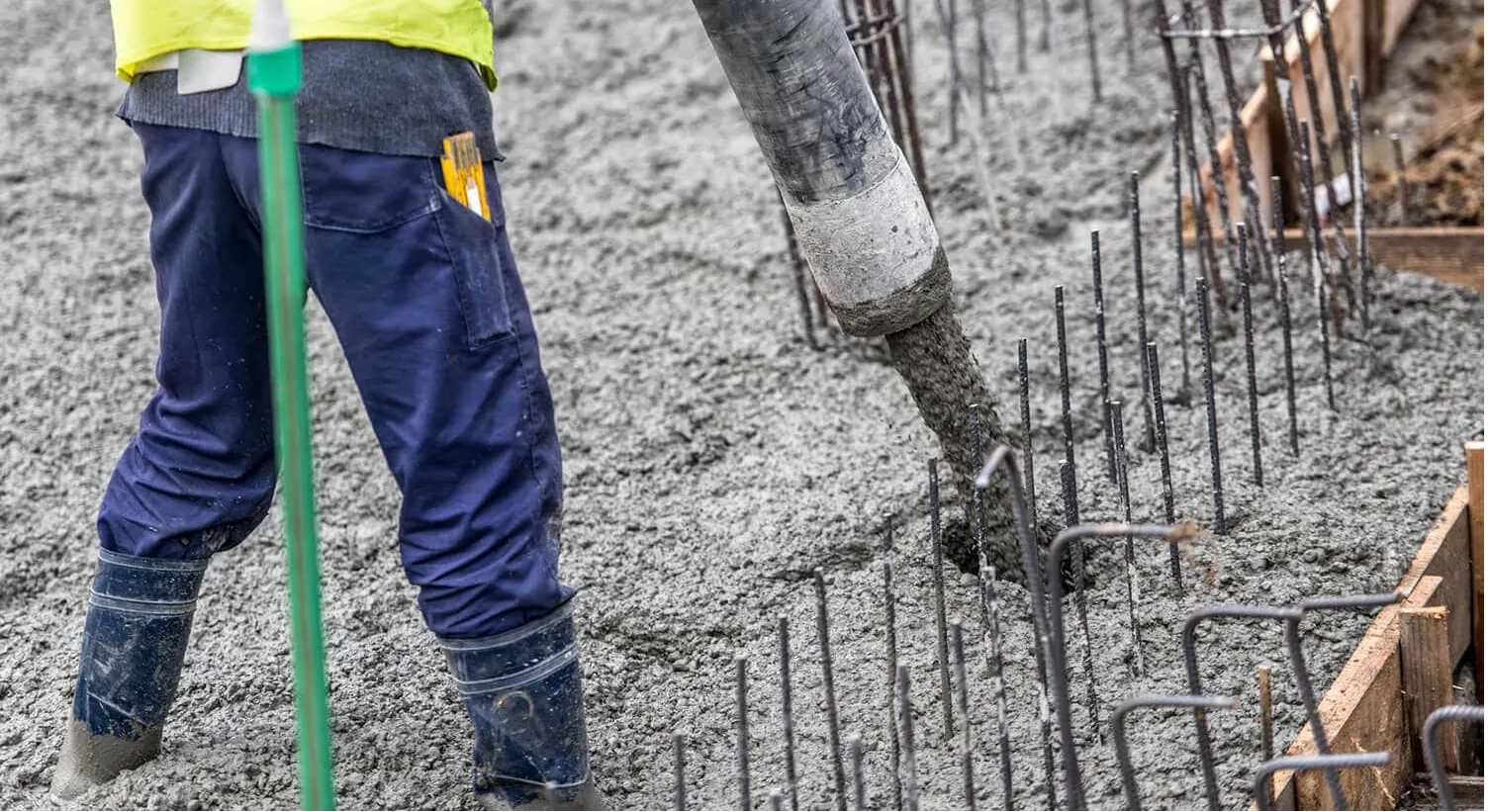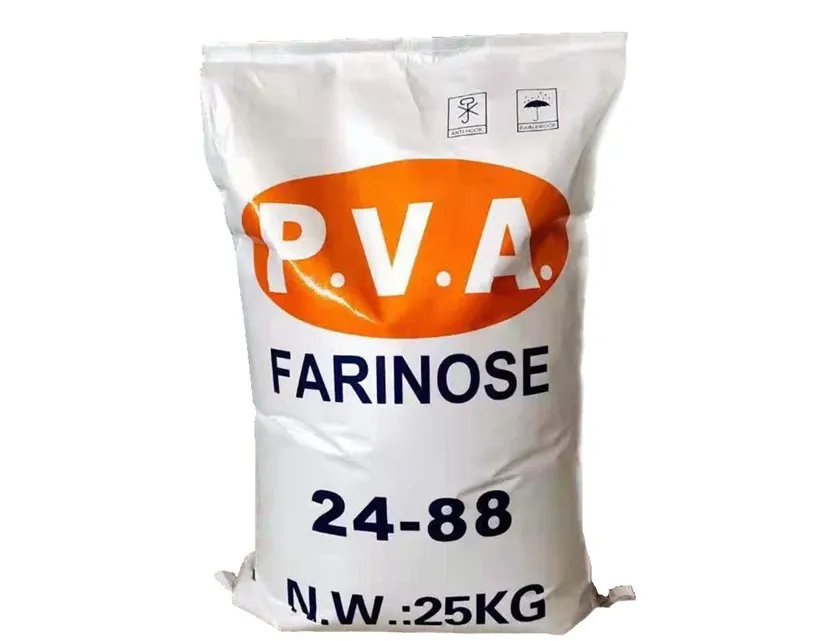
Understanding Polyvinyl Alcohol: Applications, Solubility, and Market Insights
Polyvinyl alcohol (PVA) is a synthetic, water-soluble polymer widely used across construction, textile, packaging, and pharmaceutical industries.

What Is Polyvinyl Alcohol and How Is It Used?
Known for its excellent film-forming, adhesive, and emulsifying properties, it is often sought in both industrial and household-grade products. But exactly what is polyvinyl alcohol used for?
In the construction industry, it plays a key role in modifying cement mixes, rendering surfaces, and preparing walls and ceilings for further treatment. In other sectors, it’s used in adhesives, paper coatings, medical applications, and packaging, especially water soluble film manufacturers who produce eco-friendly single-use films.
Whether you're a contractor, manufacturer, or distributor, sourcing pva for sale in the correct form and grade is crucial for performance and cost-effectiveness. Some of the most common industrial types include PVA2488 and PVA 5 88, both used for high bonding strength and water resistance.

Construction Applications: From PVA Walls Before Plastering дейін Exterior PVA for Rendering
One of the most popular uses of polyvinyl alcohol powder is in surface preparation. Applying pva before painting, or pva ceiling before plastering, helps seal porous surfaces and improves adhesion between old substrates and new finishes.

For example:
When applying PVA walls before plastering, it prevents rapid water absorption into drywall or brick, ensuring an even finish.
Exterior PVA for rendering enhances the bond between cement render and masonry walls, especially under fluctuating weather conditions.
Adding PVA to cement is a common practice to improve the flexibility and bonding of repair mortars, tile adhesives, and waterproof coatings.
In reinforced concrete applications, PVA can be paired with polypropylene fibers for concrete to enhance tensile strength, crack resistance, and durability—especially in industrial flooring and infrastructure.
For buyers, reviewing technical documents like the polyvinyl alcohol MSDS (Material Safety Data Sheet) and polyvinyl alcohol PDF guides can provide essential information on application methods, storage conditions, and chemical compatibility.

Solubility and Market Considerations: Poly Vinyl Alcohol Solubility in Water and Global Pricing
A key property that makes polyvinyl alcohol so versatile is its poly vinyl alcohol solubility. Depending on the degree of hydrolysis and polymerization, it dissolves in water at varying temperatures. The most common grades have excellent poly vinyl alcohol solubility in water, making them ideal for uses like:
Film coatings
Emulsifying agents
Textile sizing
Water-soluble packaging
The packaging industry, in particular, benefits from this, with many water soluble film manufacturers using PVA as a base material for laundry pods, agricultural films, and medical packaging.
From a business perspective, understanding polyvinyl alcohol price per kg is important for budget forecasting. The price varies depending on purity, production method, market demand, and regional supply. Bulk purchasers sourcing PVA for sale often compare types like PVA2488 and PVA 5 88 for differences in cost-performance ratio.
Additionally, always ensure proper documentation—request the polyvinyl alcohol MSDS and download a technical polyvinyl alcohol PDF to verify compliance with safety, regulatory, and handling requirements.
Frequently Asked Questions (FAQs) About Polyvinyl Alcohol
1. What is polyvinyl alcohol used for in construction?
Polyvinyl alcohol is widely used in surface sealing, cement modification, and enhancing mortar adhesion. Applications include PVA before painting, PVA walls before plastering, және exterior PVA for rendering.
2. Can I mix PVA with cement?
Yes, adding PVA to cement improves bonding strength, flexibility, and water resistance, making it ideal for repair mortars and tile adhesives.
3. What is the difference between PVA2488 and PVA 5 88?
Both are grades of polyvinyl alcohol powder, but PVA2488 typically has a higher molecular weight and viscosity than PVA 5 88, making it suitable for different industrial applications.
4. Is polyvinyl alcohol water-soluble?
Yes. The poly vinyl alcohol solubility in water depends on its hydrolysis degree, but most commercial grades dissolve easily in hot or cold water, which is why it’s used by water soluble film manufacturers.
5. How much does polyvinyl alcohol cost per kg?
The polyvinyl alcohol price per kg varies by region, grade, and supplier. Bulk quantities of technical-grade PVA for sale generally range from $2.5–$5.5/kg depending on quality and packaging.
-
Hydroxypropyl Starch as a Sustainable Construction AdditiveNewsNov.24,2025
-
The Gelation Properties of CMCNewsNov.21,2025
-
Redispersible Latex Powder and Water Retention CapacityNewsNov.21,2025
-
Dosage Control for Polycarboxylate Water ReducerNewsNov.21,2025
-
Film-Forming Properties of Polyvinyl AlcoholNewsNov.21,2025
-
The Function of Gypsum Additives in MortarNewsNov.21,2025





















